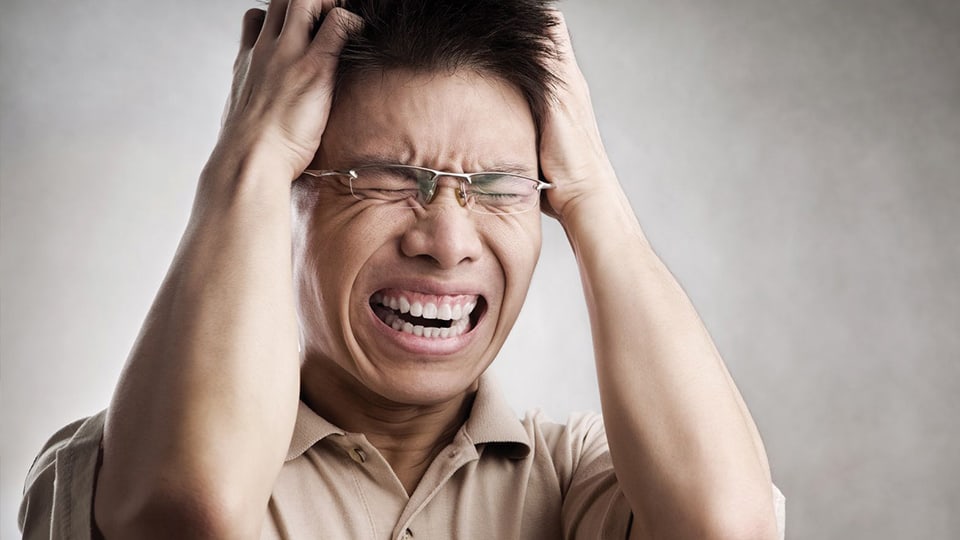Increased Suicide Rates Among Men

Responses by Dr Joshua Kua, Specialist in Psychiatry, Raffles Counselling Centre.
Why are males less receptive toward help-seeking than females?
Certain mental health problems like depression, is more common in female than male. Hence male may view emotional problems as more of a ‘female issue’. Female is more likely to describe their emotional problems than male who generally finds it harder to talk about their emotions. To men, talking about emotional problems seems to be in conflict of traditional masculinity ideology which is associated with negative attitudes towards help-seeking for psychological problems. On the other hand, alcohol is common in male and men are more likely than women to disclose problems with alcohol use to their health care provider. Females were more likely to seek help if they experienced limitations in social activities, while for males; limitations in physical activities were a more important influence.
What are some of the suicidal signs that family and friends can look out for? Any gender difference?
Warning signs that someone may be thinking about or planning to commit suicide include:
- Talking or thinking about death including posting on social media
- Symptoms of depression — deep sadness, loss of interest, appetite n sleep problems
- Having a “death wish,” tempting fate by taking risks that could lead to death, such as driving fast or running red lights
- Losing interest in things one used to care about
- Making comments about being hopeless, helpless, or worthless
- Putting affairs in order, tying up loose ends, changing a will
- Saying things like “it would be better if I wasn’t here” or “I want out”
- Talking about suicide or killing one’s self
- Writing suicide note
- Visiting or calling people to say goodbye
- Became withdrawn
- Sudden, unexpected mood swing or switch from being very sad to being very calm
- Checking on methods of dying or taking action e.g. purchasing more pills or ropes.
What are some ways to relieve stress?
- Set realistic expectations or goals
- Better time management
- Healthy lifestyle: diet, sleep, exercise, no smoking or excessive alcohol use
- Self-awareness: know your strengths and weaknesses
- Be assertive and learn to say ‘No’ when needed
- Stay connected with loved ones and friends
- Engage in relaxing activities such as listening to music, meditation and etc.
- Learn skills to manage negative emotions such as anger
- Be positive: always look at the ‘glass half full’ rather than ‘glass half empty’
Any preventive measures for those who are facing suicidal thoughts? What are some of the common reasons for suicide in men and how is it different across the different age groups?
If one has suicidal thoughts:
- Don’t keep the suicidal feeling and thoughts to yourself. Talk to someone whom you trust
- Keep your environment safe: remove things that can be used for self-harm e.g. pills, sharp objects and etc.
- Stay away from trigger of suicidal idea
- Give yourself a bit more time and tell yourself not to act on the suicidal ideas
- Think about those people who love you
- Avoid alcohol or illicit drugs
- Call a crisis helpline or seek professional help quickly
Are suicidal thoughts usually linked to mental illness? Why or why not?
Psychological autopsy studies claim some 90% of suicides have one or more mental disorders. Most mental disorders are associated with increased suicide rate. Suicide is commonly related to mental health problems such as depression and substance abuse. Overall, from meta-analysis studies, those with mental illness has a 10 fold increased risk of suicide.
Why men among 60 to 69 years old have an increase of 117 percentage suicide rate?
Hard to determine but for men in this age bracket, it could be due to issues related to retirement, loss of job such as financial, role changes and also others such as emergence of health issues, social isolation and loss of spouse or friends.
Why female suicides have decreased by 20 per cent over the same period?
It is hard to say if this is a sustained decrease because the absolute numbers are fairly small with a range of 121-169, with 169 female suicides being reported in 2012 for example. There were also lower figures for the years prior to 2004 e.g. 104 cases in 1996 and 1999. Maybe more help seeking and better access to services and treatment may have helped.
Any case on male suicide to share?
Mr. A, a forty plus Chinese man presented with symptoms of depression after he encountered some problems at his work after a recent promotion. He faced increasing stress and pressure and found it hard to adapt to his new role. After treatment for his depression, he got better and decided to stop his medications on his own. His symptoms recurred and he started to have suicidal thoughts. He started on medications but he had developed some psychotic symptoms. He believed some colleagues were out to sabotage him and he became increasingly fearful of going to work. He refused to be hospitalised, although his wife was very supportive, and he was given medical leave to rest, he felt increasingly hopeless and one morning, he went out of the flat and jumped to his death.



